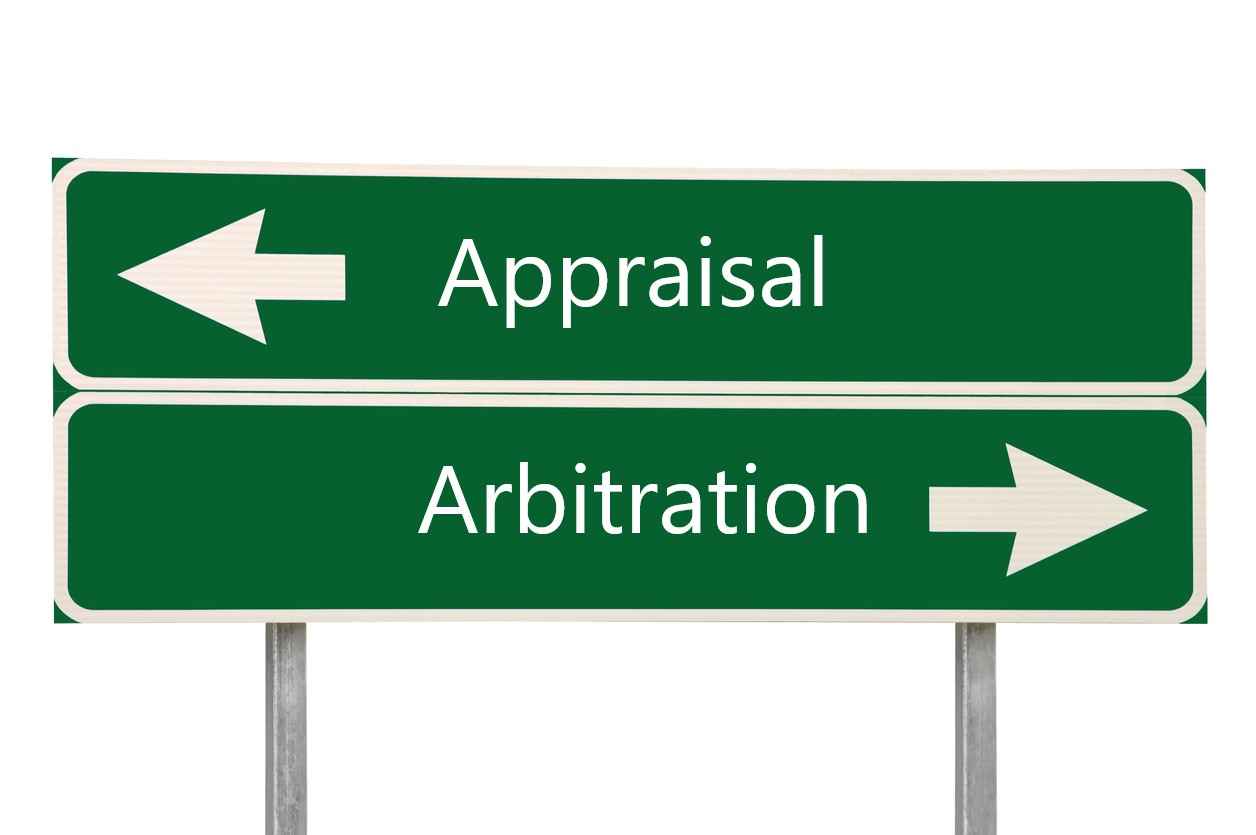If you have ever appraised a loss in Minnesota, chances are it was more akin to an arbitration than a traditional appraisal under an insurance policy. That might change given the recent opinion by the Minnesota Supreme Court in Oliver v. State Farm Fire and Casualty Insurance Company., 2020 WL 1041113 (Minn. March 4, 2020).
The insureds sustained a fire loss for which they ultimately demanded appraisal. An appraisal award was entered in favor of the insureds, which State Farm paid. Over a year after the award was entered, the insureds sent State Farm a letter demanding payment of $94,009.18 in pre-award interest. After State Farm’s refusal, the insured filed suit to confirm the award under the Minnesota Uniform Arbitration Act and sought pre-award interest on the appraisal award. State Farm opposed the motion, asserting that the request was made outside of the 90-day period to modify an arbitration award under the Minnesota Uniform Arbitration Act. Over the insured’s objection, the district court ruled that the motion for pre-award interest was untimely. The court of appeals reversed, holding that although appraisal awards are subject to the Minnesota Uniform Arbitration Act, the 90-day limitation period to modify an arbitration award did not apply to motions for pre-award interest on appraisal awards.
On appeal, the Minnesota Supreme Court took an in-depth look at the Minnesota Uniform Arbitration Act and appraisals. The Minnesota Arbitration Act applies to “agreements to arbitrate,” whereas the Minnesota Standard Fire Insurance Policy, which governed the appraisal, did not use the term “arbitrate” or its derivatives. Acknowledging that Minnesota courts at times have treated the terms “arbitration” and “appraisal” interchangeably, the court did discuss that decisions have recognized a distinction between the two, primarily when it comes to the authority of an appraisal panel. The Minnesota Supreme Court noted that the appraisal panel has more limited authority “to decide the amount of the loss but may not construe the policy or decide whether the insurer should pay.”
The supreme court also looked to the dictionary definitions of “arbitration” and “appraisal” to illustrate their differences. While the word arbitration generally describes a dispute resolution process, appraisal is generally understood as “[t]he determination of what constitutes a fair price for something or how its condition can be fairly stated the act of assessing the worth, value, or condition of something.”
Lastly, the supreme court looked for guidance from other states that have adopted the Uniform Arbitration Code but treated appraisal separately. Ultimately, the court concluded that the appraisal process under the Minnesota Standard Fire Insurance Policy is not an “agreement to arbitrate,” and therefore the Minnesota Uniform Arbitration Act does not apply.
While the case was remanded to determine whether the insured was entitled to pre-award interest, I think the more interesting outcome to watch for will be whether the appraisal process in Minnesota changes. Will appraisals be treated less like arbitrations where lawyers are involved? Only time will tell.





